Category: Resources
-

Gender Equality and Social Inclusion: Lessons and good practices from Clean Cooking Programs
Gender equality and social inclusion are central to the SEE – Clean Cooking programme and to the sustainability of clean cooking and bio-slurry markets it seeks to establish. Involving women as users, entrepreneurs and employees is critical for generating demand, increasing adoption, and reaching scale, while at the same time benefiting women and their families.…
-
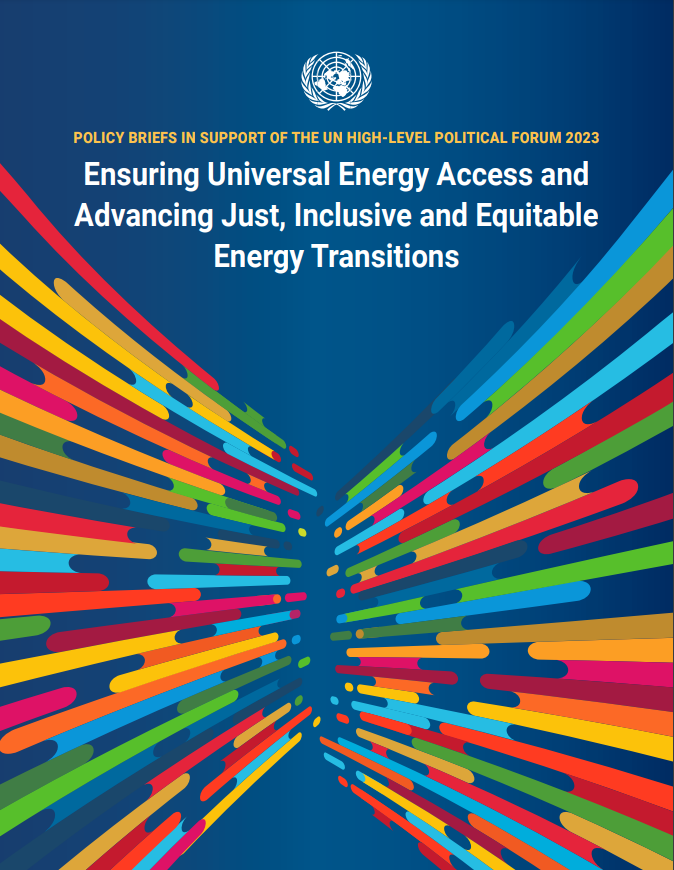
Ensuring Universal Energy Access and Advancing Just, Inclusive and Equitable Energy Transitions
On 12 July 2023, SDG 7 underwent its second review, building upon its initial assessment in 2018. The official session, held under the theme “Accelerating the recovery from the coronavirus disease (COVID-19) and the full implementation of the 2030 Agenda for Sustainable Development at all levels,” placed a strong emphasis on effective and inclusive recovery…
-

Working Paper: Powering a Gender-Just Energy Transition
Guided by the principles of just transitions and energy justice, this working paper by the Gender Expert Group of the Green Growth Knowledge Partnership (GGKP) is an analysis of existing knowledge and strategies – research, policies, procedures and programmes aiming to ensure that no one is left behind during the energy transition. It examines challenges…
-
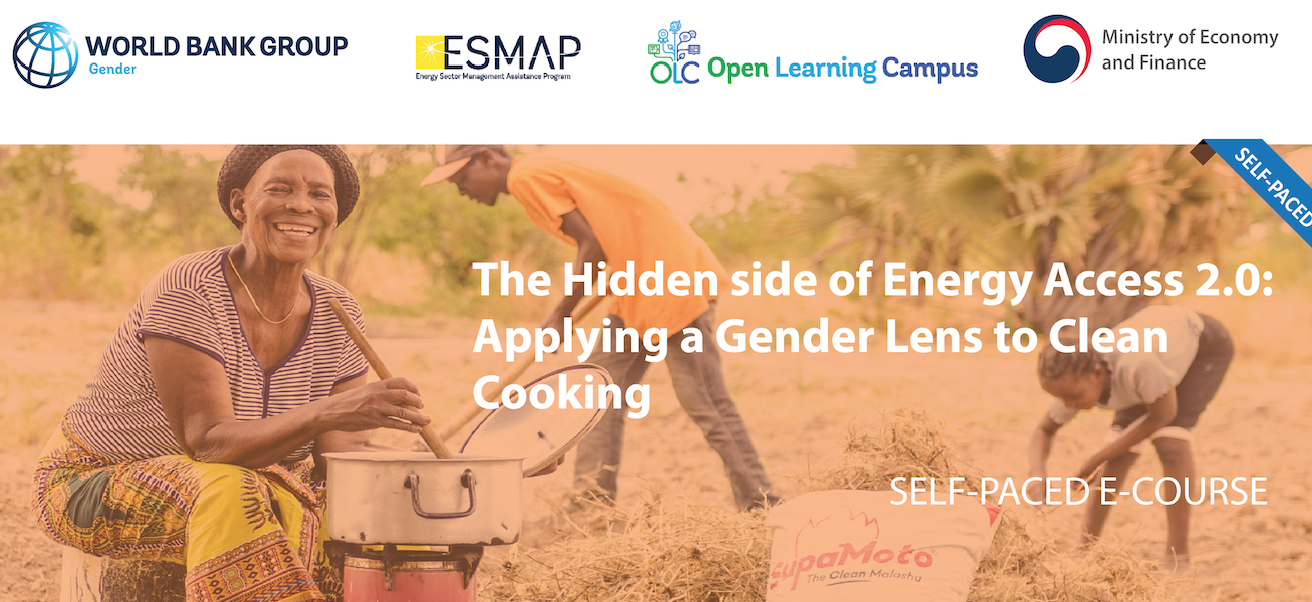
Self-paced e-Course | Applying a Gender Lens to Clean Cooking: The Hidden Side of Energy Access 2.0
As a joint learning product developed by the Energy Sector Management Assistance Program (ESMAP) in close collaboration with Gender Global Practice, this e-course, The Hidden Side of Energy Access 2.0: Applying a Gender Lens to Clean Cooking, aims to deepen key learnings from the introductory course and to highlight gender, a core aspect of the…
-
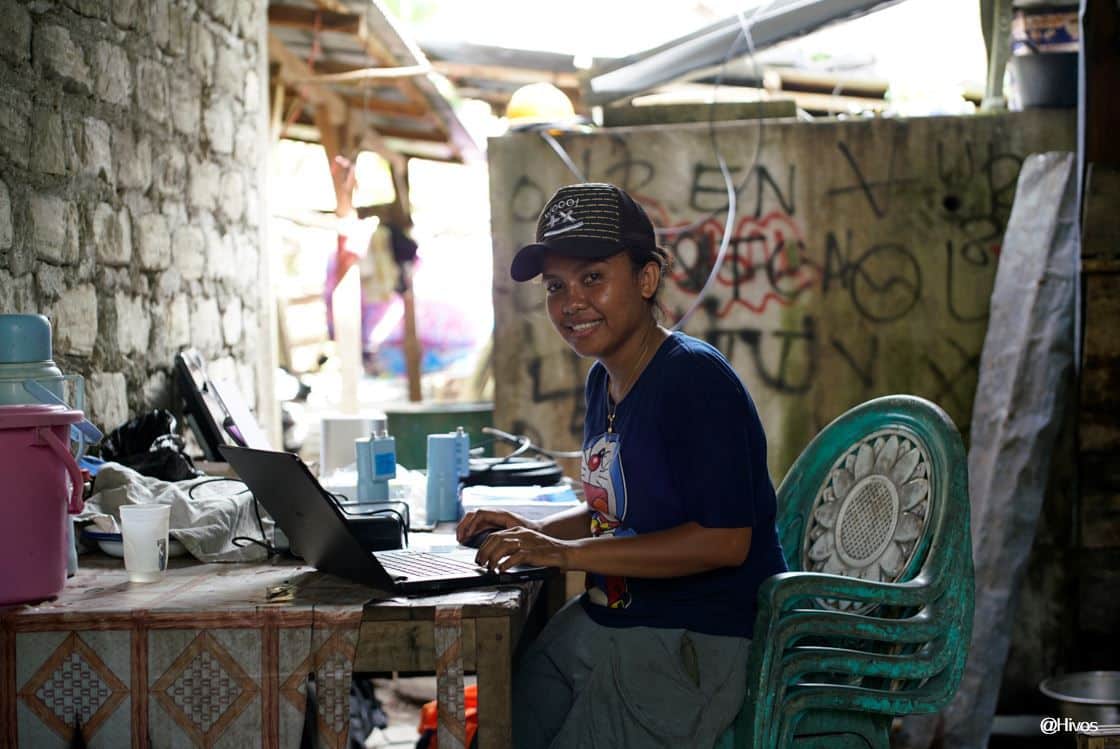
Women Entrepreneurs as Key Drivers in the Decentralised Renewable Energy Sector: Best Practices and Innovative Business Models
Affordable, reliable and sustainable energy (SDG-7) and gender equality (SDG-5), are key drivers for development and economic growth. While SDG-7 is necessary to power productive activities and enable socio-economic development, SDG-5 further catalyses progress, as women are more likely to reinvest their earnings in productive activities and vital services within their communities. To achieve universal…
-
Report: Nearly Half the World’s Population Still Lacks Access to Modern Energy Cooking Services
WASHINGTON, September 24, 2020—Four billion people around the world still lack access to clean, efficient, convenient, safe, reliable, and affordable cooking energy, a new World Bank report finds. While around 1.25 billion are considered in transition with access to improved cooking services1, the rest still cook with traditional polluting fuels and technologies with severe impacts…
-
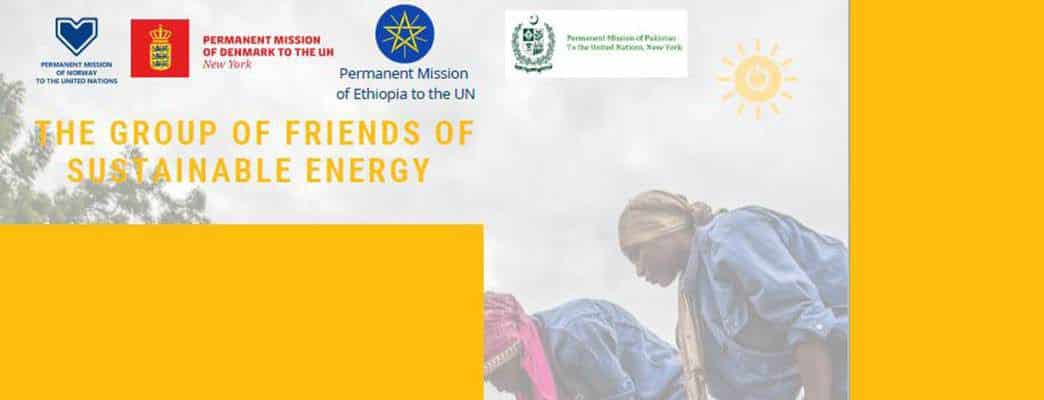
Launch Of The 2020 SDG7 Energy Progress Report & 2020 SDG7 Policy Brief
Published annually, the Tracking SDG7: The Energy Progress Report provides the most comprehensive look available at the world’s progress towards global energy targets on access to electricity, clean cooking, renewable energy and energy efficiency. Prepared by the custodian agencies for the SDG 7 indicators – the International Energy Agency (IEA), the International Renewable Energy…
-
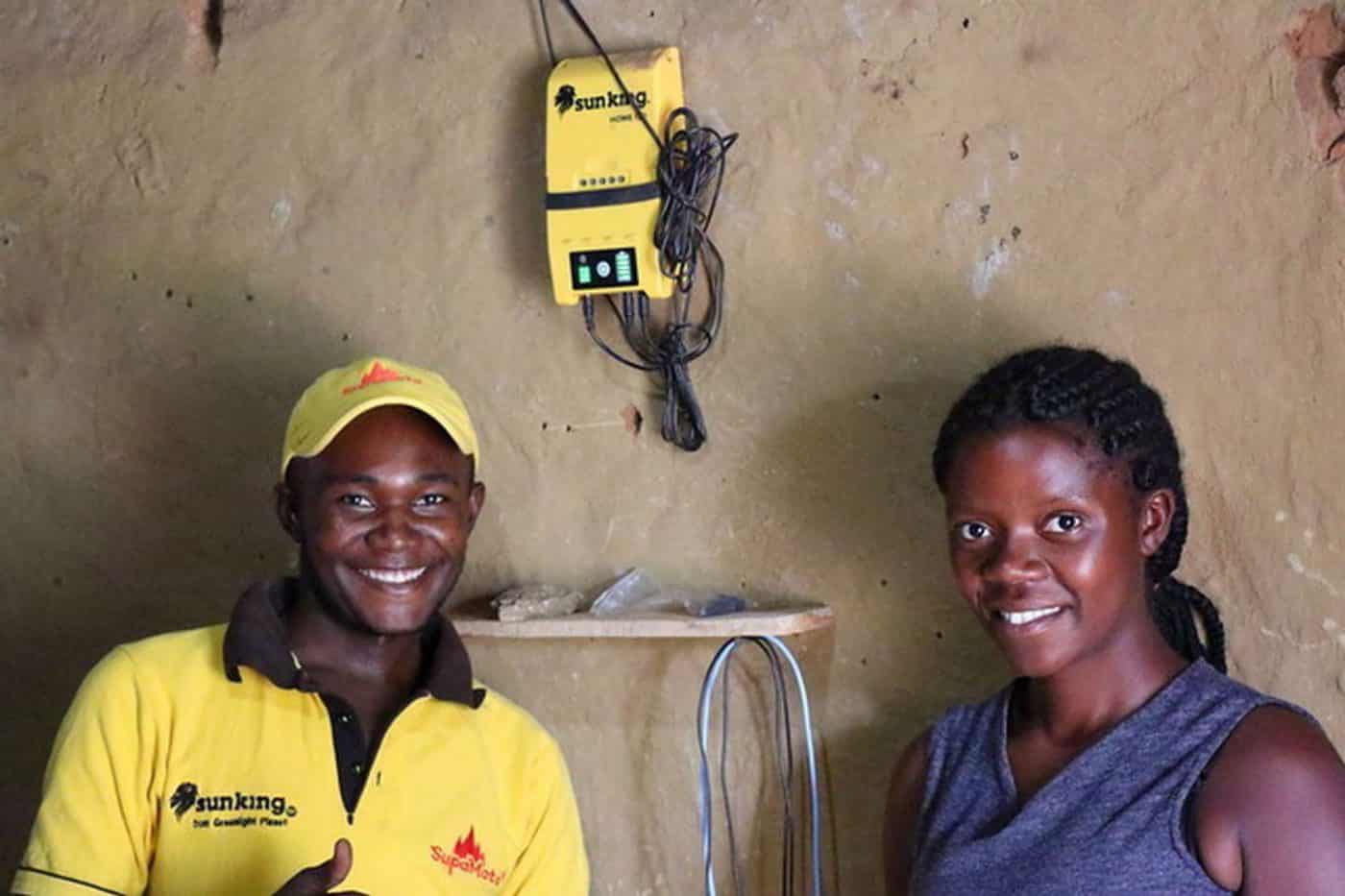
Gender dynamics and off-grid electricity: Lessons from Tanzania
This summer Ashden completed a three-year study examining the impacts of solar home systems and solar micro-grids in rural Tanzania. The research reveals how women and men are affected differently by the arrival of off-grid electricity in their homes. This article was originally published on ashden.org website and can be accessed here. You can…
-

NEW: 2019 Tracking SDG7 Report
Despite significant progress in recent years, the world is falling short of meeting the global energy targets set in the United Nations Sustainable Development Goals (SDG) for 2030. Ensuring affordable, reliable, sustainable and modern energy for all by 2030 remains possible but will require more sustained efforts, particularly to reach some of the world’s…
-
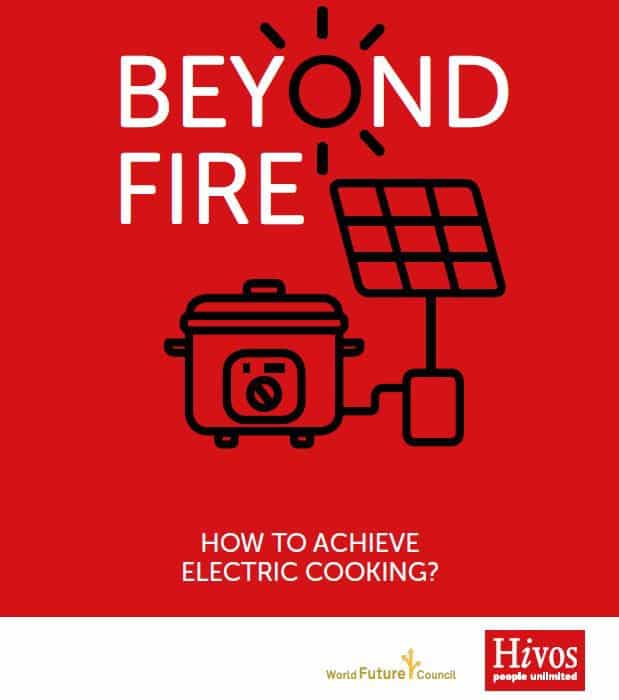
REPORT LAUNCH: ‘Beyond fire: How to achieve electric cooking?’
The Hague, 27 May 2019. Cooking with renewable electricity is now cost-competitive with other cooking alternatives in most developing countries, concludes a new report called Beyond Fire: How to achieve electric cooking by Hivos and World Future Council. This is a significant improvement from three years ago when the two organizations studied this for the…
-
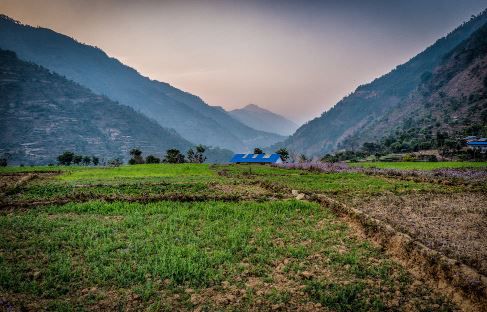
NEW: Poor People’s Energy Outlook 2018
PPEO 2018 builds on PPEO 2016 (bottom-up energy access planning) and PPEO 2017 (financing for energy access) to explore how access to energy can be accelerated to achieve both the scale required to meet our global 2030 goals, and the inclusivity required to leave no-one behind. The report looks at clean cooking, decentralised electricity and grid-extension case study programmes across sub-Saharan Africa, South Asia…
-
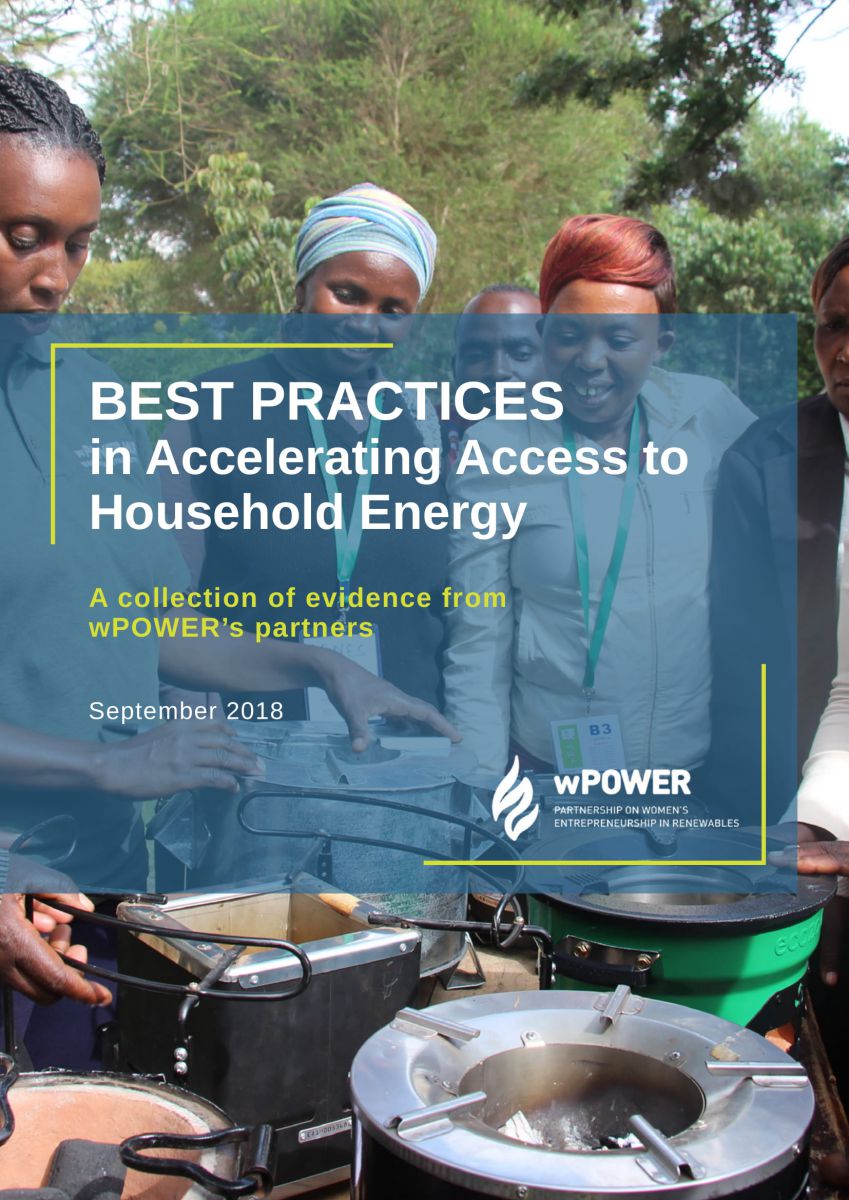
Best Practices in Accelerating Access to Household Energy: A Collection of Evidence from wPOWER Partners
We are pleased to share with you the release of the report on “Best Practices in Accelerating Access to Household Energy: A Collection of Evidence from wPOWER Partners” by the Partnership on Women’s Entrepreneurship in Renewables (wPOWER). This report documents evidence-based best practices in the acceleration of household clean energy access, and highlights the involvement…

